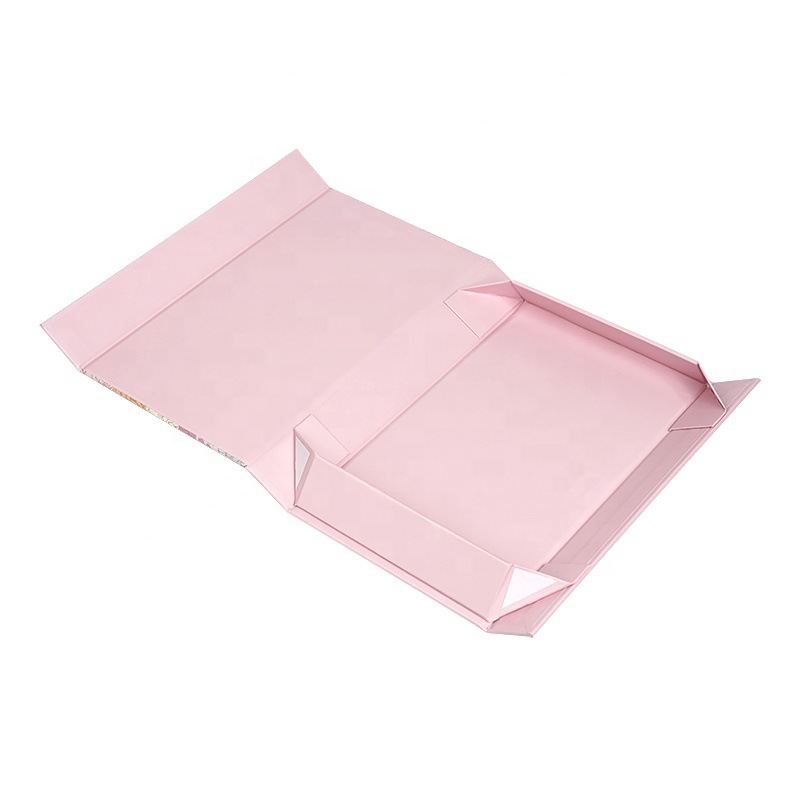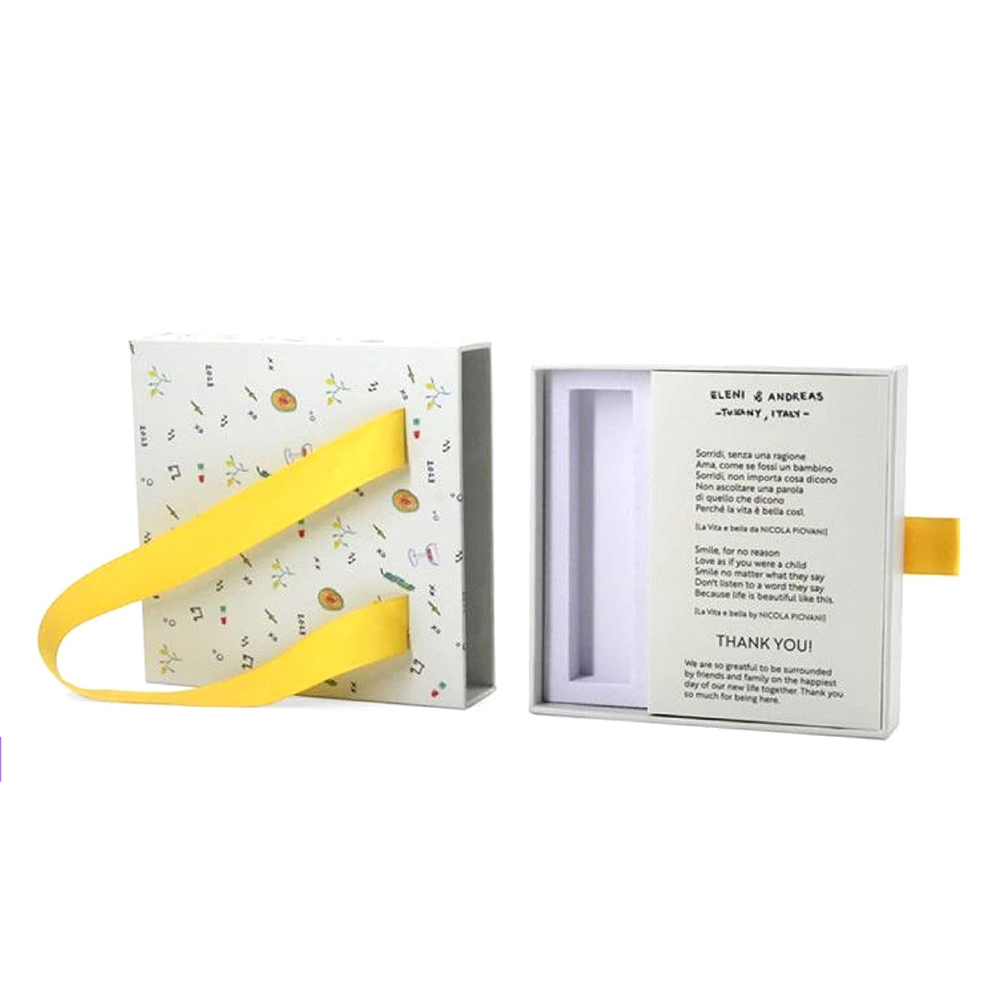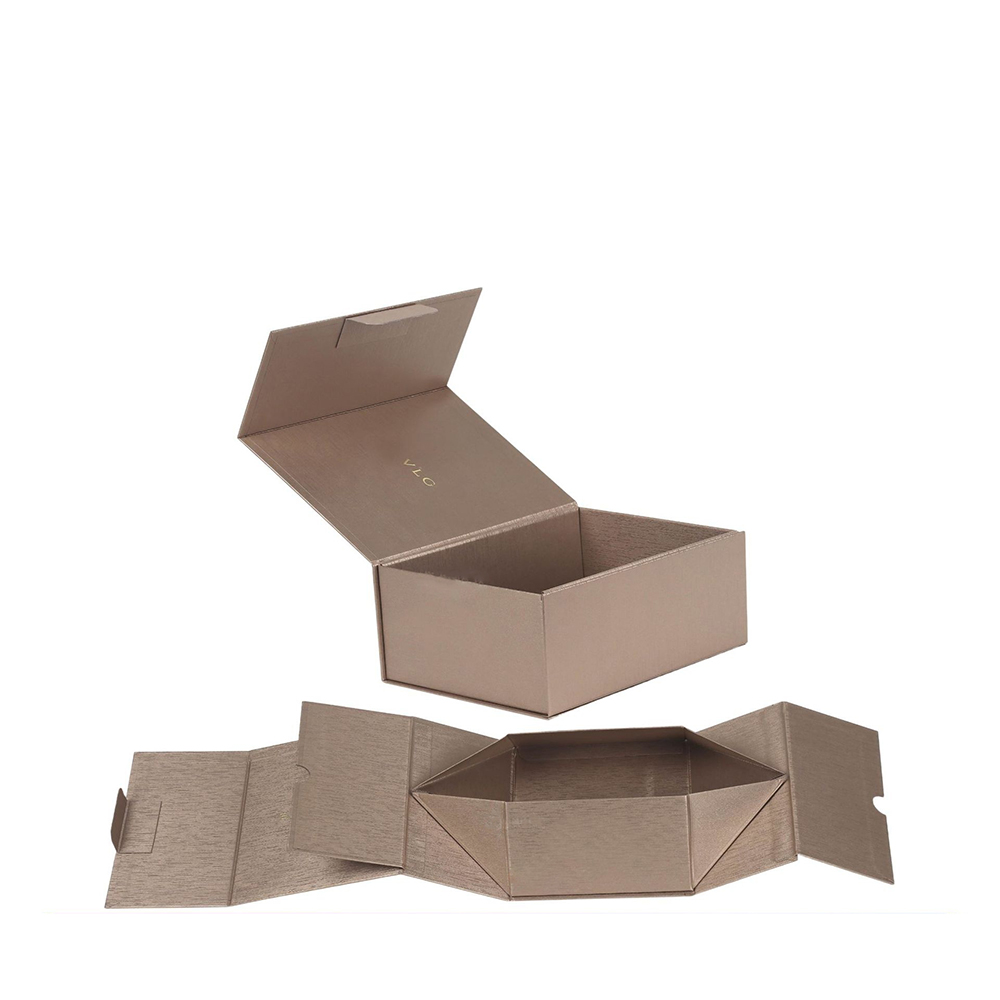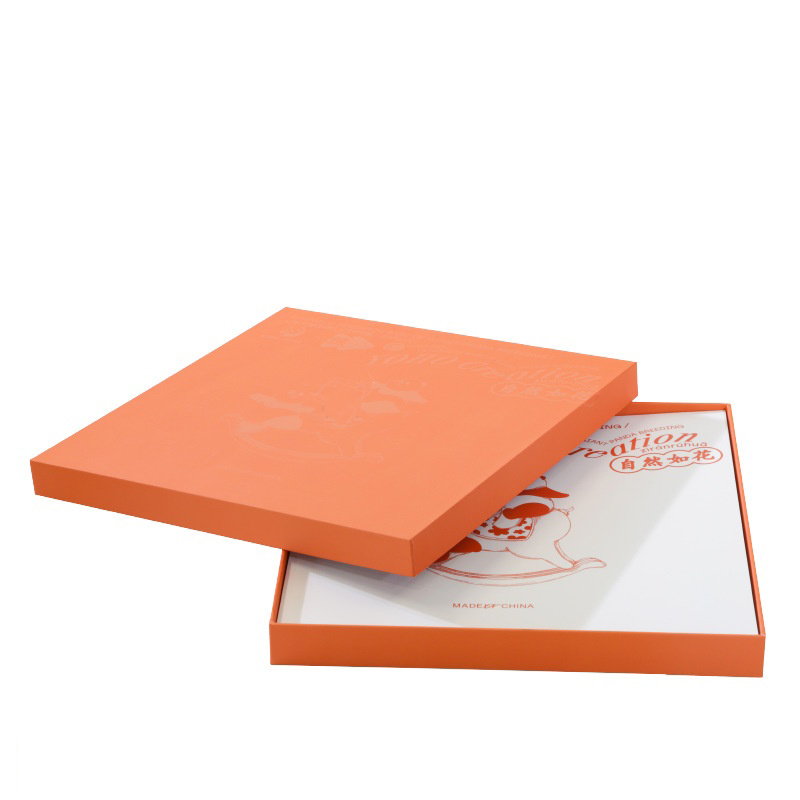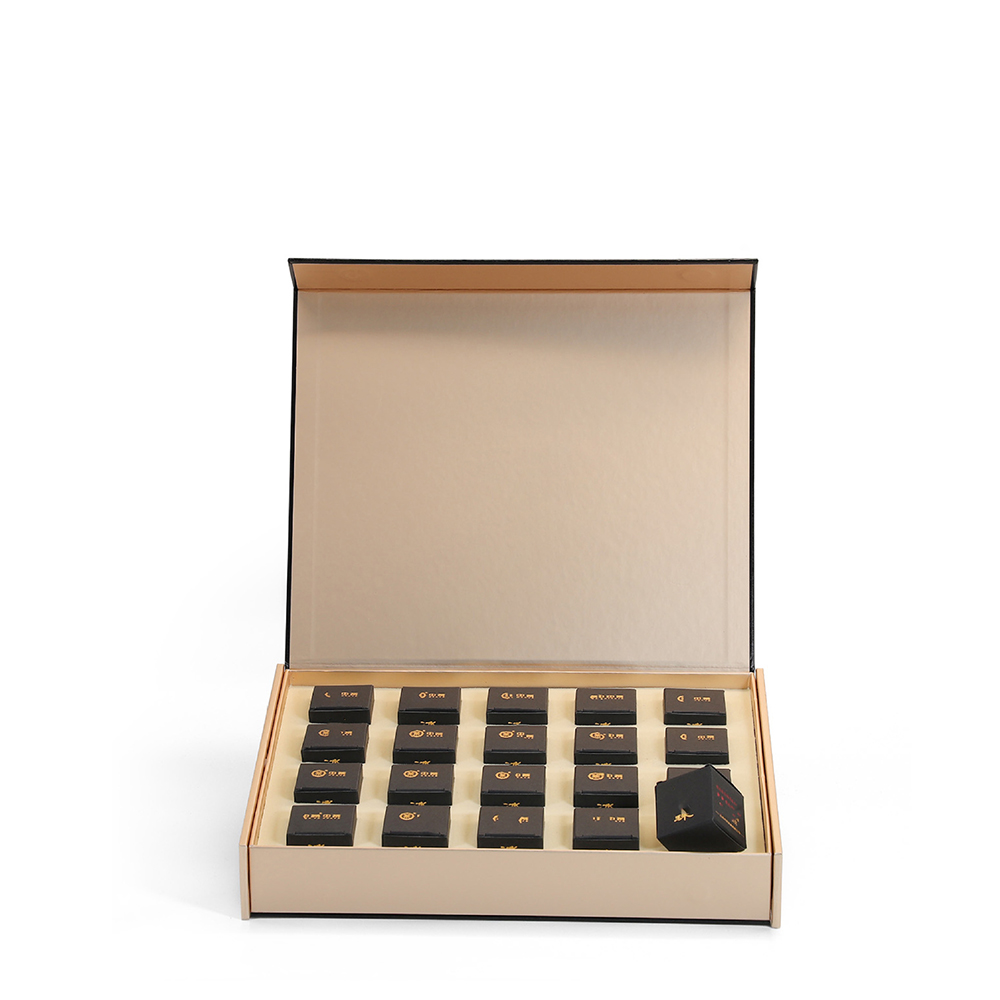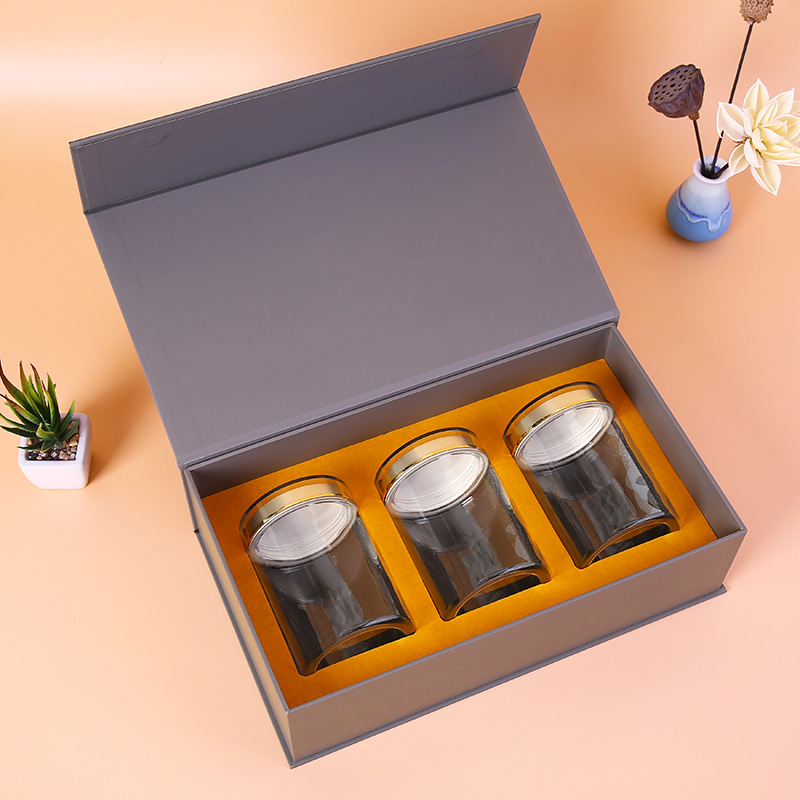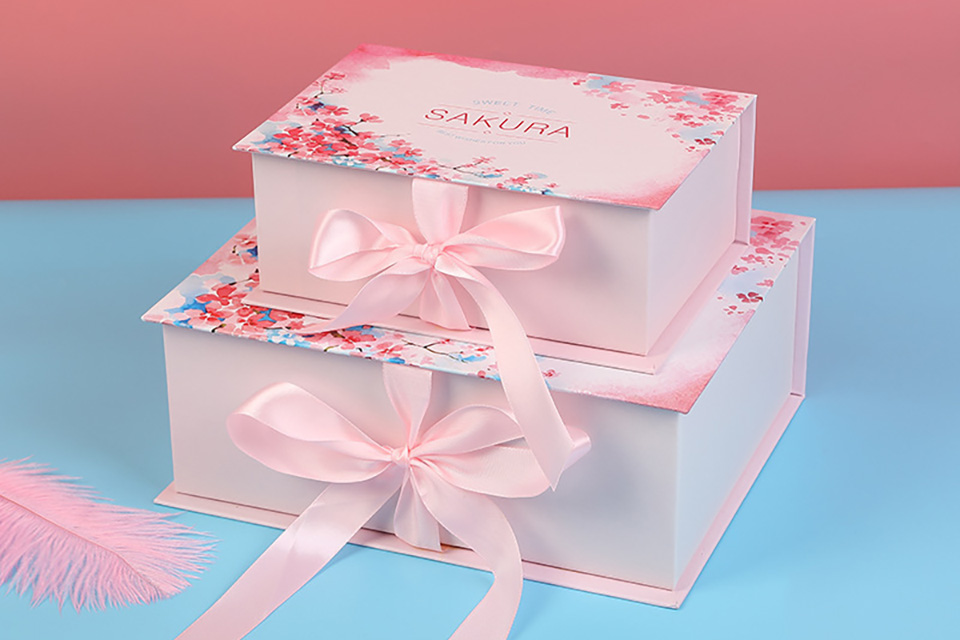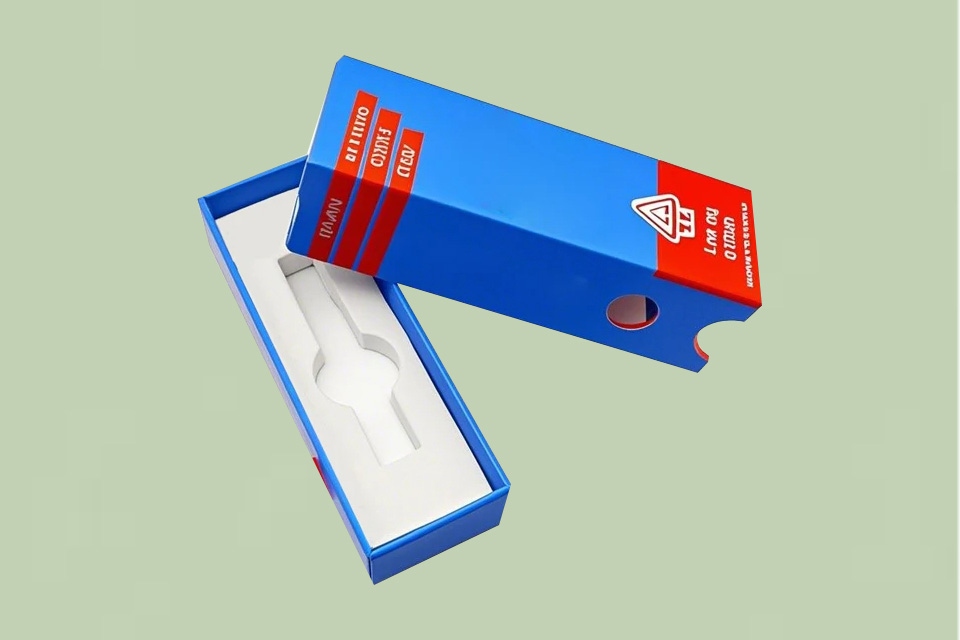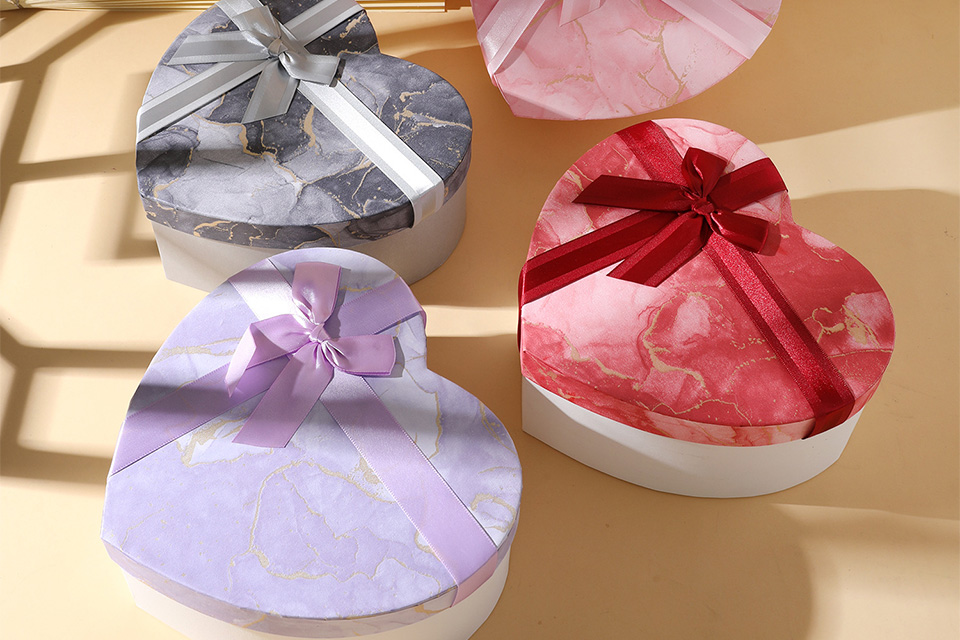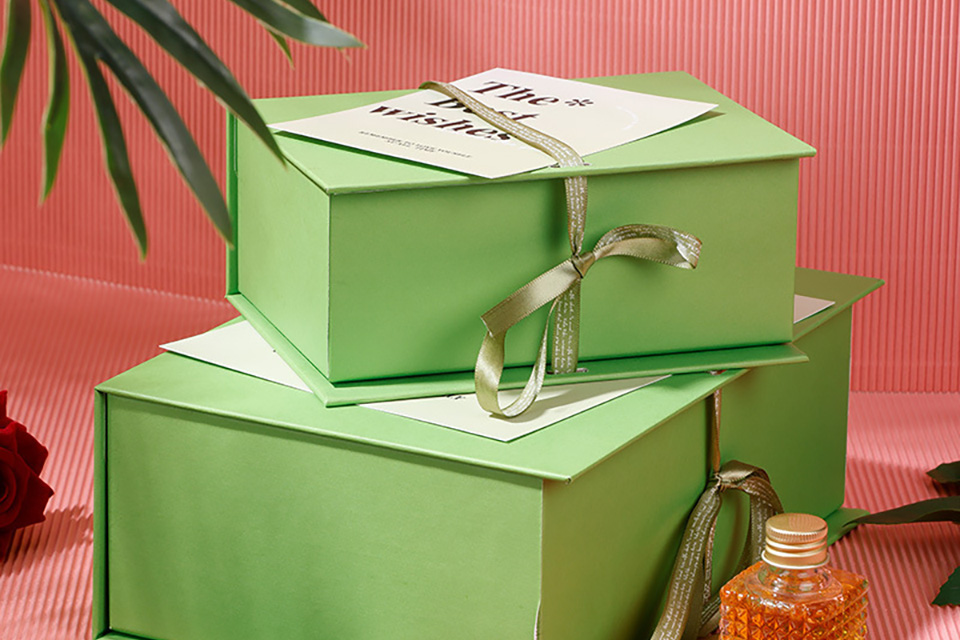Abstract
In the fierce competitive cosmetics market, packaging design has become a main driver of brand discrimination, consumer experience adaptation and stability. This article proposes eight design strategies based on the trends of the global industry and consumer insights, covering dimensions such as environmentally friendly content, smart technology, cultural integration and personal adaptation. By analyzing case studies from brands such as Lancome, Esti Lader, and Huxizy, it suggests how innovative packaging design can increase product appeal and brand price, helping companies stand in the market.
1. Eco-Friendly Sustainability: From Material Innovation to Circular Economy
The concept of stability has become the primary principle in cosmetics packaging design. Research indicates that 70% of consumers are more inclined to choose brands that use recurrent or biodegradable materials. For example, Lush has reduced its carbon footprint using 100% plastic-free packaging. Application of bio-based materials such as PLA (polylactic acid) and PHA (polyhydroxaclaneot) enables natural decline by maintaining functionality. Domestic brand Chando’s “Snow Essence” series uses bamboo fiber packaging combined with plant-based ink printing, reduces pollution and strengthens its natural skincare brand positioning. Action recommendation: FSC-certain paper, recycled PET plastic, or priority to the use of compostable materials, and include recycling guidelines on packaging to increase consumer consumer engagement in environmental protection.
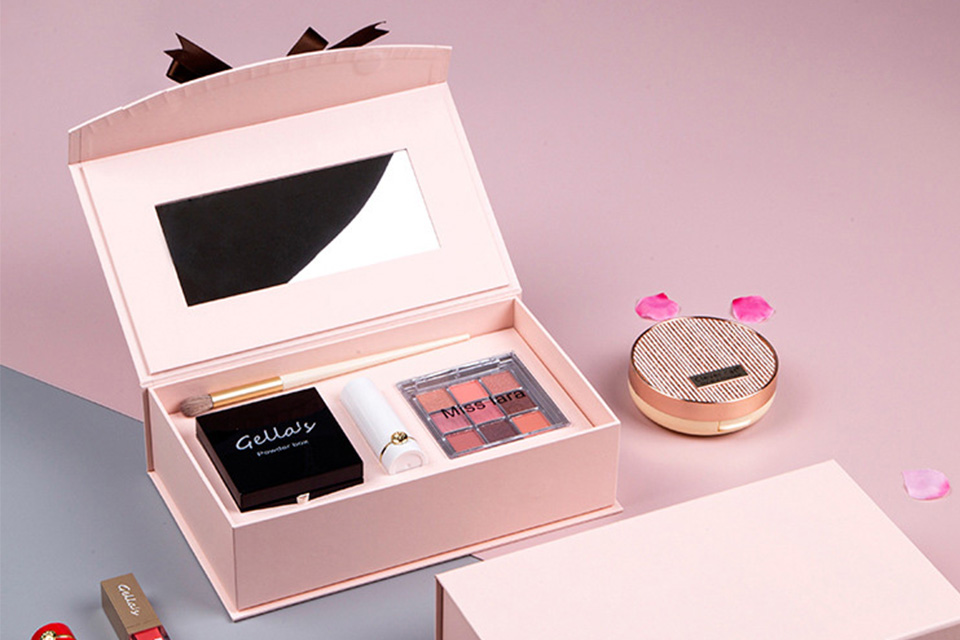
2. Smart Technology Empowerment: AR Interaction and IoT Tracking
Smart packaging increases user experience through technological innovation. Esty Lader has launched an AR TRAI-on feature, allowing users to scan packaging, which is almost lipstick shades to try, resulting in an increase of 25% in conversion rates. The essence bottle of SK-II has an NFC chip, which enables consumers to check the production batch, component traceability, and use tutorials through its smartphone, which creates a transparent trust system. Additionally, smart temperature-controlled packaging (such as cold chain transport for active serums) can extend product shelf life and reduce transport loss. Case Reference: Lancôme’s upgraded “Little Black Bottle” features a smart cap that automatically records the opening time and reminds users of the usage period via an app, enhancing user retention.
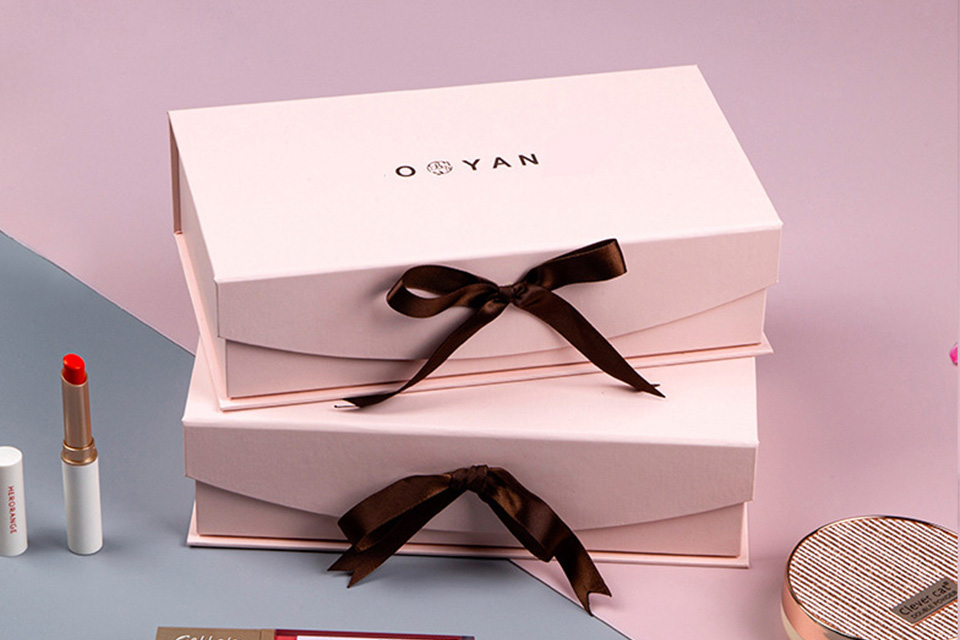
3. Cultural Integration and Brand Narrative: From National Trends to Global Aesthetics
Cultural elements are the core carriers of brand value. Huaxizi positions itself with “Eastern Makeup,” incorporating carving techniques and classical patterns into its lipstick packaging, with the limited edition “Lock of Hearts” gift box selling out immediately upon launch. International brands like Chanel weave French luxury genes into perfume bottle design through classic quilted patterns and gold hot stamping techniques. Data shows that packaging that incorporates regional culture can enhance brand recognition by 40%.
4. Balancing Minimalism and Functionality
Under the trend of minimalist design, the philosophy of “less is more” is widely applied. Origins uses solid-coloured frosted bottles with clear ingredient labels, highlighting a natural and pure brand image. Dior’s minimalist foundation packaging features a magnetic opening design, balancing aesthetics and portability. Research indicates that 70% of consumers believe simple packaging appears more premium, and readability of information enhances purchasing decision efficiency.
5. Personalised Customisation: From User Participation to Data-Driven
Personalised packaging has become a core demand for Generation Z consumers. Shiseido has introduced a “Custom Foundation Shed” service, allowing users to select the bottle engraving and pattern, resulting in an increase of 18% in the average sequence value. The 3D printing technique specificly supports small-batch production of packaging of size, such as lipstick tubes developed in collaboration between L’Arell and stratisis.
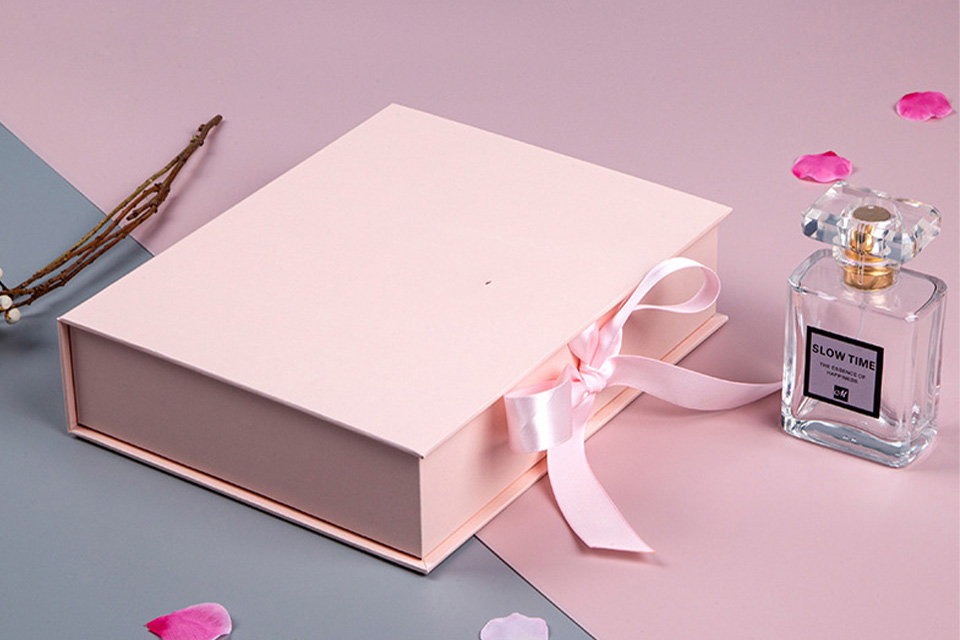
6. Human-Centric Experience: From Opening Design to Sensory Stimulation
User experience directly influences repurchase rates. La Mer’s cream features a magnetic spoon slot design to avoid contamination during application; Estée Lauder’s upgraded “Little Brown Bottle” has a flexible dropper head for precise dosage control. Additionally, fragrance-triggered packaging (such as lightly pressing to release product scent) can stimulate multi-sensory experiences for consumers, increasing memory retention rates by 50%.
7. Safety and Sustainability in Balance
Packaging safety is the foundation of consumer trust. Ampoule designs use fully sealed single-use formats to prevent the oxidation of active ingredients, such as the brown glass bottle of Skinceuticals’ CE serum that blocks UV rays. Vacuum pump packaging (like Helena Rubinstein’s Prodigy Reversis Cream) ensures that contents are isolated from air, extending shelf life.
8: Cross-Industry Collaborations and Limited Edition Marketing
Collaborative packaging is an effective strategy for quickly reaching new customer groups. MAC partnered with Disney to launch a princess-themed lipstick collection, with packaging that incorporates animated elements, achieving sales of over one million in the first week. The domestic brand perfect diary collaborated with the British Museum, with 75% of the user being a young consumer, designing an eyeshadow palette inspired by the artificial pattern.
Conclusion
Cosmetic packaging has developed with a only product conservation tool in a strategic medium to express the brand value, increase user experience and promote sustainable growth. In the next decade, successful designs should be integrated to co-construction with environmentally friendly materials, smart techniques, cultural story and users, while balanced by successful designs. Brands can achieve successes through the following stages:
- Establish a materials innovation lab to develop biodegradable or recycled materials;
- Invest in digital tools, such as AR try-on and blockchain traceability systems;
- Deepen user insights by leveraging data-driven personalised services;
- Strengthen cross-industry collaborations to expand the boundaries of culture and technology.


